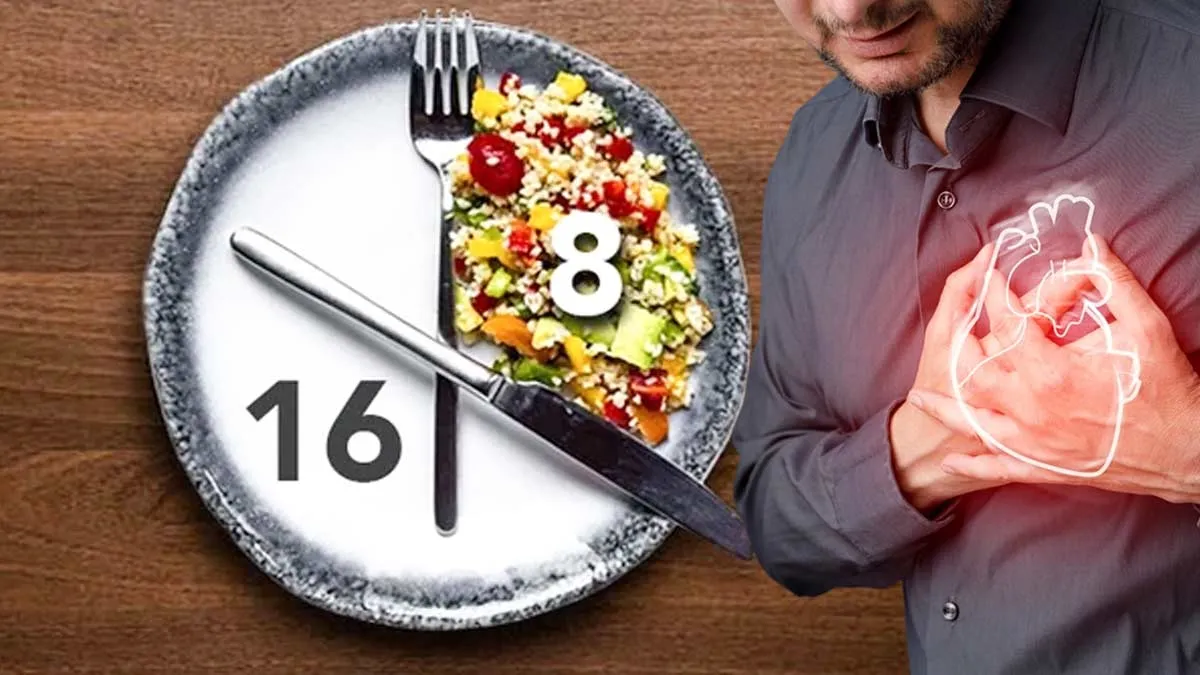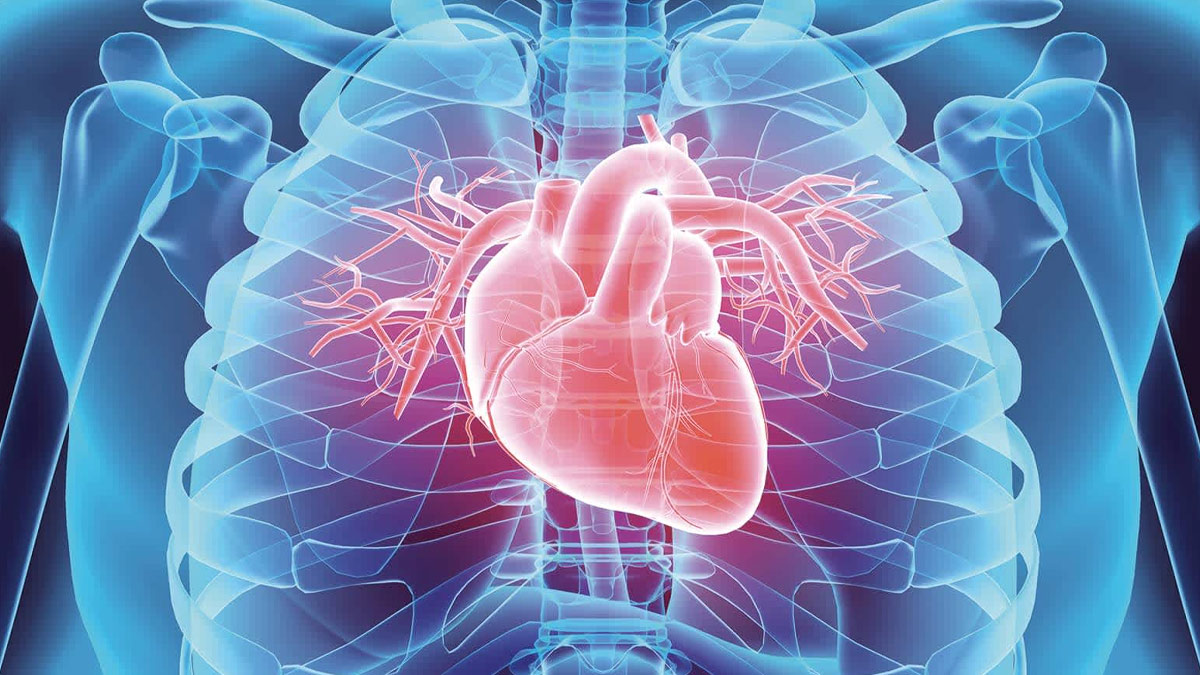
Intermittent fasting (IF) has gained popularity on the basis that it is a method that helps people lose weight as well as gain improvements in their health. It has been applauded for making individuals lose weight, become energetic, and make their diet easy. This process typically means that you will eat all your meals in a restricted time span of only a few hours, such as 8, and fast the remainder of the interval. Previous studies have indicated that IF could assist in terms of insulin resistance, decreased blood pressure, and enhanced cholesterol. This rendered it a favourite way to many who wanted to lose weight.
Table of Content:-
However, a new study is casting doubt about IF, particularly when individuals restrict intake to fewer than 8 hours a day. It indicates that extreme intermittent fasting may pose dangers, even to the heart.
About the Study: What It Found![Intermittent Risk of Heart Disease 1 - 2025-08-25T172933.606]()
A recent study published in Diabetes and Metabolic Syndrome: Clinical Research and Reviews looked at data from over 19,000 adults in the U.S. The research is based on the National Health and Nutrition Examination Survey (NHANES), which tracks people’s health over time.
The researchers discovered that participants who restricted eating to an 8-hour time frame every day had 135 per cent increased odds of death due to heart-related illnesses, such as heart attacks or strokes, than participants who ate in the 12- to 14-hour time range. Victor Wenze Zhong, the author of the study, cautioned that people should be careful to adhere to very short eating periods in the absence of adequate scientific evidence that it is safe to do so long-term.
ALSO READ: Pina Colada Smoothie From Gym? Sara Tendulkar Shares The Ultimate Gym Refuel Drink
Why Could Intermittent Fasting Increase Heart Risks?![heart risks due to diet 2 - 2025-08-25T172936.785]()
Experts believe several reasons may explain this link:
- Loss of lean muscle mass: Extreme fasting may lead to loss of muscle, which is not good to the heart.
- Circadian rhythms: A diet that has too little time in the day may mislead the body clock and affect the functionality of the heart.
- Low quality of foods: A person may overeat on energy-dense and low-nutrient foods during the period of consuming such meals, increasing the risk to the heart.
- Body strain: Prolonged fasting over a period of time causes strain on the body's stress levels, leading to an adverse effect on the heart.
It is pointed out that eating window regimens such as 16-hour fasts may not be suited to people with certain conditions, such as arrhythmia, where low blood sugar and calorie deprivation may trigger palpitations or attacks.
What Should You Keep in Mind?![heart risks 3 - 2025-08-25T172935.179]()
If someone is trying intermittent fasting to lose weight or improve health, it’s important to:
- Stay away from very short eating windows of less than 8 hours.
- Eat heart-healthy, weight-healthy foods while eating windows.
- Keep an eye on the possibility of experiencing symptoms such as dizziness, heart palpitations, or tiredness.
- Do not start serious fasting routines without consultations with a medical expert.
- Remember that gradual, modest calorie cutting and with good nutrition, could be easier on the heart.
ALSO READ: Serena Williams Reveals How She Combines Weight Loss Drug with Exercise and Diet for Fitness
Conclusion
Although intermittent fasting is still quite a popular method to lose some weight and maintain normal blood sugar levels, this recent study indicates that it can predispose to heart disease in the event that the time within which a person is eating per day is very short, shorter than 8 hours. These findings serve to remind us that diets are not universal. One should be cautious when trying fasting and tune to their body's needs and consult with a doctor to ensure that they do not harm their health.
Also watch this video
How we keep this article up to date:
We work with experts and keep a close eye on the latest in health and wellness. Whenever there is a new research or helpful information, we update our articles with accurate and useful advice.
Current Version
Sep 21, 2025 18:16 IST
Published By : Vivek Kumar


